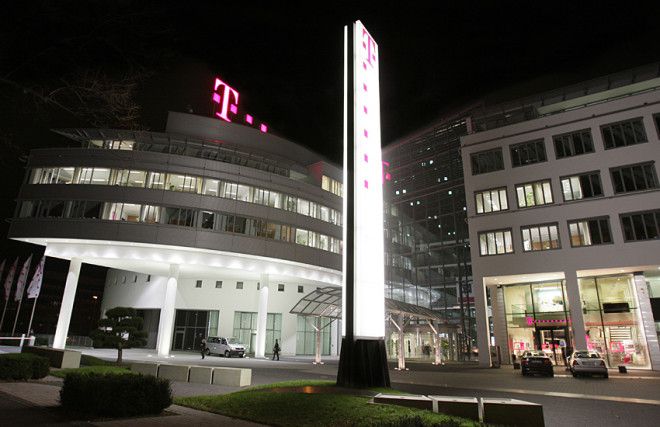
Just in case you missed it, Iliad formally dropped its interest in T-Mobile US yesterday. The French telecom company had raised its bid from $33 per share for 56% of the company to $36 per share for 67% of the company, and was rejected swiftly by Deutsche Telekom and T-Mobile. But according to Reuters’ sources, the German carrier had long since given up on selling its controlling stake in T-Mo. Deutsche Telekom is keen for T-Mobile US to become a self-sustaining company, requiring no further investment from DT.
In the past, it was no secret that DT was looking to sell. And it had wanted to “reduce its exposure to the U.S. business” before the low-frequency spectrum auction next year. An auction which could cost T-Mo billions as it tries to secure a good amount of spectrum. However, Tim Hoettges, Deutsche Telekom’s CEO and his team have been pleased by the U.S. carrier’s turnaround. It’s made a lot of progress, especially during the past 9-12 months.
“They believe that T-Mobile can take care of itself, a person close to the German firm’s management said. “That has been Tim’s objective ever since he merged the company with MetroPCS last year.”
The tactic now: “de-risking, self-funding and kingmaker.”
This has to be the best news for T-Mobile, its employees, customers and fans. We need a bit of stability now. We’ve had rumors of buyouts for the past year. In fact, since I took over the site in November last year, I don’t think a single month has gone by without some rumor or another. Whether it’s Sprint, Dish, Iliad or someone else. The narrative has been: T-Mobile’s up for sale, or: T-Mobile needs a merger to survive.
Then three really successful quarters and a return to revenue growth occurred. Now T-Mobile is the most attractive carrier in the States. It’s cool, it’s growing, and it’s taking customers from its competitors.
Our only concern now should be how T-Mo is going to fund its expensive spectrum bids over the coming months, as well as continue with its aggressive network upgrades and expansion.
Source: Reuters
